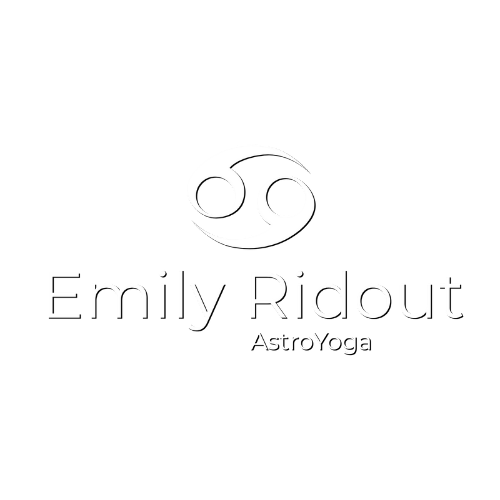Happy Easter!
Did you know that the date for Easter was established in the year 325 by the Council of Nicaea? They debated between using a solar/Julian calendar or a lunar calendar, and eventually determined that Easter would take place the first Sunday after the first full moon on or after the vernal equinox (a solar and lunar approach).
I mention this for one reason: humans have invented many ways to keep track of events using solar bodies!
Lately, I’ve been asked a question about time and systems within astrology that this holiday is the perfect time to address.
Q: Since the stars don’t line up the way they used to, are the dates astrologers use (for sun signs) inaccurate?
A: No! The dates do serve a purpose.
In the same way that the Council of Nicaea had to determine which calendar system to use to mark the date of Easter, astrologers have to choose which calendar system of astrology to use. Some astrologers prefer a tropical approach (astrological associations determined by angular relationships) while others prefer a sidereal approach (astrological associations determined according to the relative movement of earth to the stars).
So, a more specific answer is that the zodiac shift relative to the earth has affected the sidereal approach to astrology, but it has not affected the tropical approach, which deals exclusively with angles. These two systems each have their merits (and indeed you might want to look into both!).
In addition to these two calendar systems, astrologers also have to choose which school (or schools—I’m not a prude) of astrology to use.
Each school has its own emphasis. For example, in the type of astrology I practice, rising signs, transits, and planetary returns are of particular importance.
Ultimately, the choices astrologers make should be rooted in a tradition, but that doesn’t mean a particular tradition is superior to all others. I like to think of the astrological schools as different languages. They’re all systems designed to communicate meaning in our lives, but whether you speak Spanish, English, or Arabic (or sidereal or tropical or Vedic or Western) is up to you, and possibly your teachers or location.

